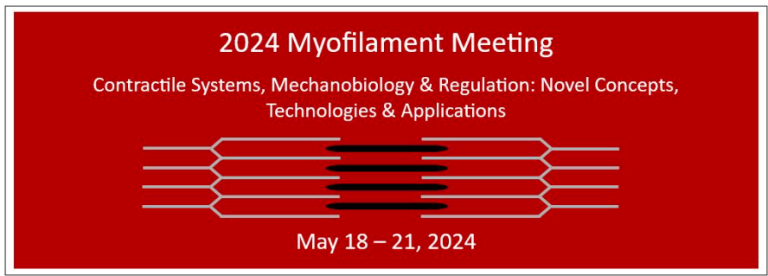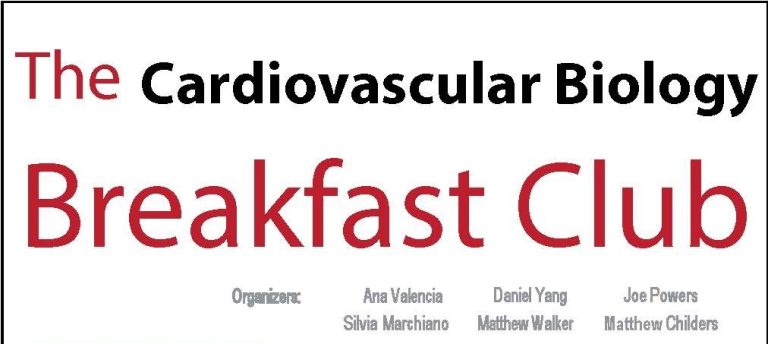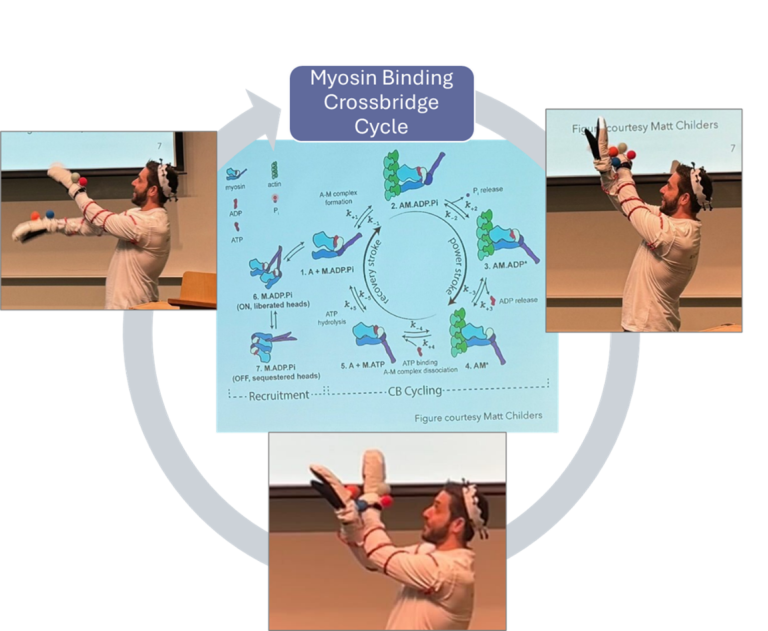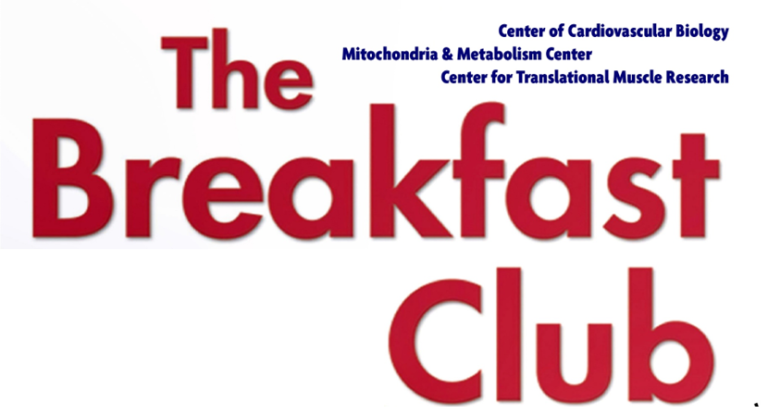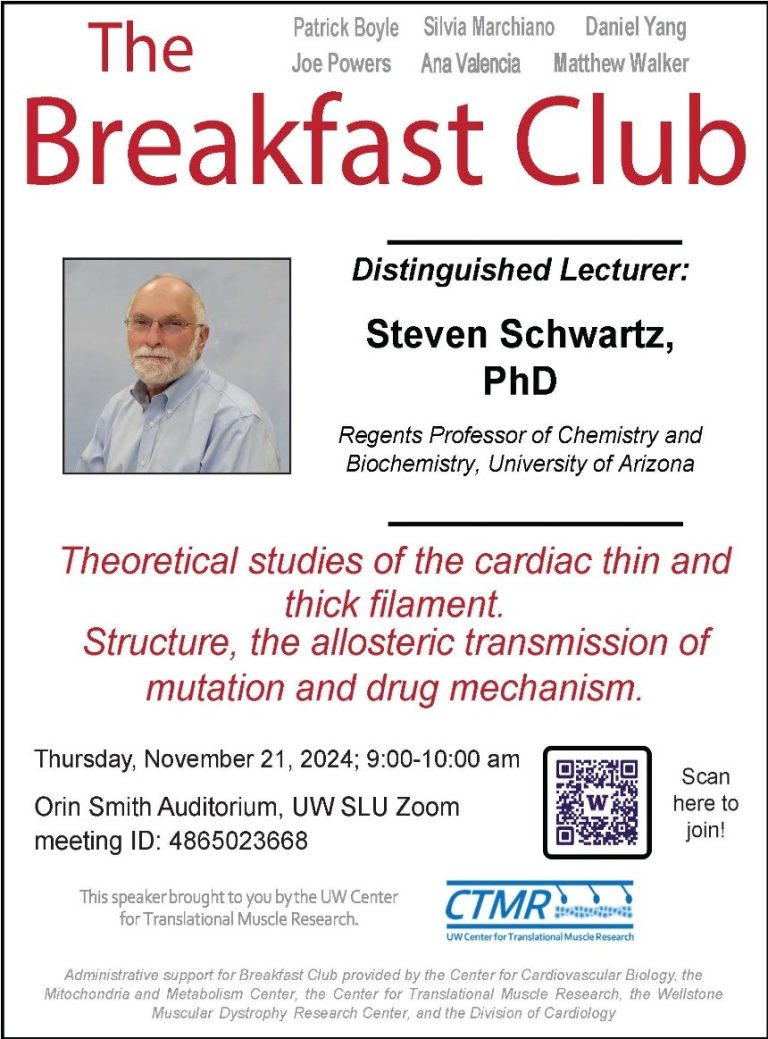2023 CTMR Symposium Schedule
The 4th annual UW Center for Translational Muscle Research (CTMR) symposium will be an all-day event on Monday, December 4th, 2023. See below for the preliminary schedule.
Submit your Abstract for the Symposium by November 15th. Please see the information for ABSTRACT SUBMISSION HERE.
Please REGISTER HERE by completing the Google Form. When registering you will be able to select in-person or Zoom attendance. If you will attend in-person, make sure to register before November 24th to be provided a boxed lunch.
Preliminary Schedule: 2023 UW CTMR ANNUAL SYMPOSIUM
9:00 am General Welcome, Michael Regnier, PhD, Director, CTMR
9:05 am Introduction of Keynote Speaker
9:10 am Keynote Address
Douglas Millay, PhD, Associate Professor, Cincinnati Children’s Hospital Medical Center
Building and repairing muscle through cell fusion
10:00 am CTMR Pilot Grant Awardee Presentations, Moderator: Daniel Raftery, PhD, Co-Director, CTMR
Lisa Maves, PhD, Associate Professor, Center for Developmental Biology & Regenerative Medicine, Seattle Children’s Research Institute and Department of Pediatrics, School of Medicine
Ron Kwon, PhD, Associate Professor, Department of Orthopaedics and Sports Medicine, University of Washington School of Medicine
Katie Stanchak, PhD, Postdoctoral Scholar, Brunton and Perkel Labs, Department of Biology
Travis Tune, PhD, Research Scientist, Daniel Lab, Department of Biology, Moussavi-Harami Lab, Division of Cardiology, & Davis Lab, Department of Pathology
Julie Mathieu, PhD, Assistant Professor, Comparative Medicine
11:00 am BREAK
11:30 am Introduction of Keynote Speaker: Jeffrey Chamberlain, PhD, McCaw Chair in Muscular Dystrophy
11:35 am Keynote Address
Melissa J. Spencer, PhD, Professor of Neurology and Neuromuscular Program Director at the David Geffen School of Medicine at UCLA
Improving the efficacy and durability of gene therapies for the muscular dystrophies
12:30 pm BREAK, Boxed lunches provided (register before November 24th)
1:30 pm Introduction of Keynote Speaker: Michael Regnier, PhD, Director, CTMR
1:35 pm Keynote Address
Lee Sweeney, PhD, Director of the University of Florida Myology Institute Professor of Pharmacology & Therapeutics
Modeling Duchenne muscular dystrophy and therapeutic strategies to slow disease progression
2:30 pm Recent CTMR Pilot Grant Awardees, Moderator: Tom Daniel, PhD, Co-Director, CTMR
Matthew Walker, PhD, Research Assistant Professor, Mitochondria and Metabolism Center & Department of Anesthesiology and Pain Medicine
Logan Murphy, PhD, Acting Instructor, Department of Physiology & Biophysics
Shiri Levy, PhD, Acting Instructor, Department of Biochemistry
Matt Campbell, PhD, Acting Instructor, Department of Radiology
3:10 pm BREAK
3:30 pm Student/Postdoc Lightning Talks, Moderator: Katie Mitzelfelt, PhD, Program Manager, CTMR
4:00 pm Poster session and Reception, atrium/lobby of building C, Light refreshments and snacks provided.
Questions? Please contact: Katie Mitzelfelt, kmitz@uw.edu
Keynote Speakers
Douglas Millay, PhD
Associate Professor
Cincinnati Children’s Hospital Medical Center
Dr. Millay has a long-standing interest in various aspects of skeletal muscle biology. His training has integrated several research areas including molecular, cellular, and developmental biology, and biochemistry. The Millay laboratory at Cincinnati Children’s Hospital Medical Center aims to identify the factors that regulate cell-cell fusion, using skeletal muscle as a model system, delineate their biochemical functions and the biophysical properties associated with membrane coalescence, and then ultimately translate that information to augment pathological conditions. We discovered the muscle-specific proteins (Myomaker and Myomerger) that are necessary and sufficient for myoblast fusion. We have a wide-range of projects in the lab that encompass basic and translational biology related to these fusogens and the consequences of fusion, namely multinucleation that controls muscle development and adaptations. The basic science projects in the laboratory are attempting to biochemically elucidate the activities of Myomaker and Myomerger, which would allow for a complete understanding of the mammalian myoblast fusion reaction through biochemical and cell biological approaches. Additionally, we are interested in understanding the role of the hundreds of myonculei within the muscle syncytium. For this research area, we generated mouse models where the number of myonuclei are titrated and also performed transcriptional profiling of myonuclei from mice. We developed a publicly searchable site (https://research.cchmc.org/myoatlas/) where users can determine expression of genes within myonuclei across the lifespan of the mouse. Our goal here is to understand the role of muscle stem cell fusion during various phases of muscle development, growth, and disease. Finally, our translational work relates to transferring the function of Myomaker and Myomerger onto various membrane vectors to enhance delivery of therapeutic material to skeletal muscle.
Melissa J. Spencer, PhD
Professor of Neurology and Neuromuscular Program Director
David Geffen School of Medicine at UCLA
Melissa J. Spencer, PhD, is a Professor of Neurology and the Neuromuscular Program Director at the David Geffen School of Medicine at UCLA. Research in the Spencer lab is focused on understanding the mechanisms of muscular dystrophies and applying that knowledge to therapeutic interventions. The lab is developing gene editing and gene replacement strategies. These therapies utilize adeno associated virus (AAV) as a vehicle to deliver the therapy to all muscles of the body. Research in the lab is ongoing to determine how AAV activates the human immune system in order to improve the safety and effectiveness of AAV-based therapies. During her post-doctoral training at UCLA, Dr. Spencer worked in the laboratory of William Clark. In 1998, she established her own lab. She received the Presidential Early Career Award for Scientists and Engineers in 2001. In addition to being a member of the MDA Scientific Advisory Committee, she also serves on the Scientific Advisory Committees for PPMD and the Coalition to Cure Calpain 3.
Lee Sweeney, PhD
Director of the Myology Institute & Professor of Pharmacology & Therapeutics
University of Florida
H. Lee Sweeney, Ph.D., is the Thomas H. Maren endowed Professor of Pharmacology & Therapeutics at the University of Florida, and Director of the UF Myology Institute. His bachelor’s degree is from the Massachusetts Institute of Technology. His master’s degree and doctorate are in physiology and biophysics from Harvard University. Dr. Sweeney was Chairman of the Department of Physiology at the University of Pennsylvania School of Medicine from 1999-2013. He has published more than 260 papers and reviews that have received more than ~50,000 cumulative citations, with an h-index of 94 and an i10 index of 244. Dr. Sweeney’s basic research interests are focused on molecular motors of the myosin superfamily. Dr. Sweeney’s translational research is focused on inherited forms of cardiovascular disease, and on the skeletal and cardiac aspects of muscular dystrophy. Dr. Sweeney is well known in the popular press for his gene-therapy approaches to block the loss of age-related muscle size and strength in mice. Dr. Sweeney has been widely sought as an expert commentator on the potential for gene “doping” in sports, as well as on the bioethical issues surrounding genetic enhancement. He serves as an advisor to the World Anti-doping Association.


